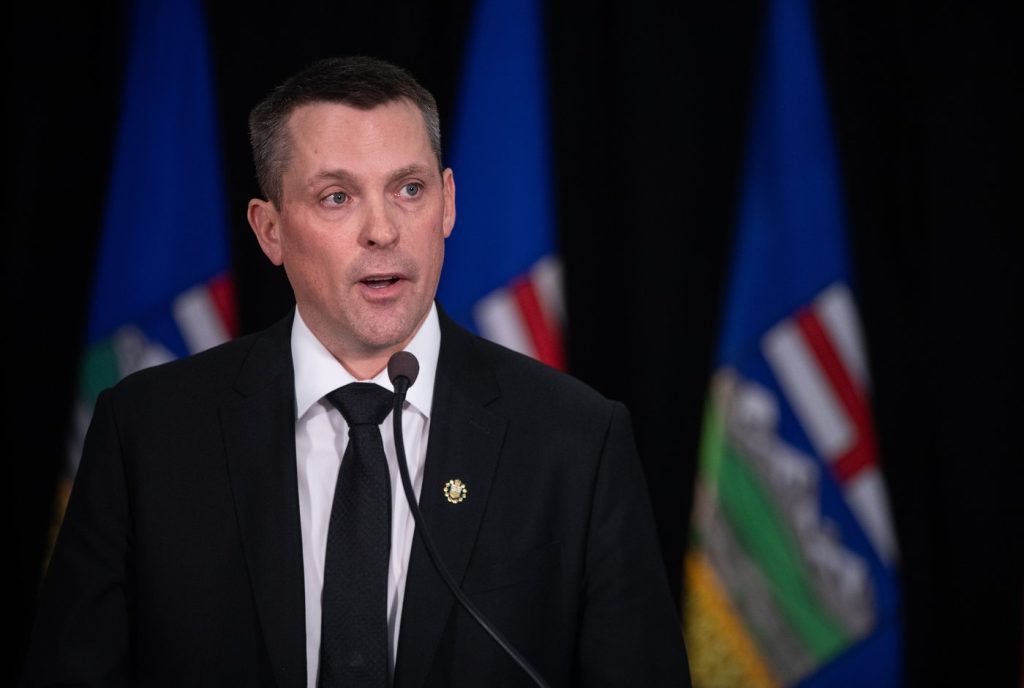EDMONTON – Alberta's Finance Minister Nate Horner has highlighted a significant disparity between the demands of the union representing striking teachers and the government's allocated funds for negotiations. In an interview with CHED radio host Shaye Ganam, Horner disclosed that the latest contract proposal put forth by the Alberta Teachers’ Association (ATA) would necessitate nearly $2 billion more than what the government has budgeted for any potential agreement.
The ATA, which represents over 51,000 teachers in Alberta, initiated a strike on October 6, 2025. Horner expressed his disappointment, stating that he had hoped for a more moderate request from the union during the discussions. The teachers' recent proposal was addressed in a bargaining meeting that took place on Tuesday, marking the first time that both parties convened since the onset of the provincewide strike.
As the strike continues, it is impacting approximately 740,000 students across 2,500 schools in Alberta. This significant disruption raises concerns about the educational progress of a large number of students, as the strike prolongs without a resolution.
Despite the current stalemate, Horner assured that the government remains open to ongoing discussions with the ATA. However, he confirmed that, at present, there are no additional meetings scheduled between the two parties. The government’s firm stance on the budgetary constraints complicates the negotiations, as the union pushes for higher compensation and improved working conditions for teachers.
The situation in Alberta reflects broader issues facing education sectors across Canada, where funding disputes between government entities and education unions often lead to strikes and disruptions in student learning. The ongoing negotiations will likely influence the future landscape of education funding and labor relations in Alberta.
This unfolding scenario serves as a critical moment for both the Alberta government and the Alberta Teachers’ Association as they navigate their positions in pursuit of a collective agreement that meets the needs of educators while considering fiscal realities.











